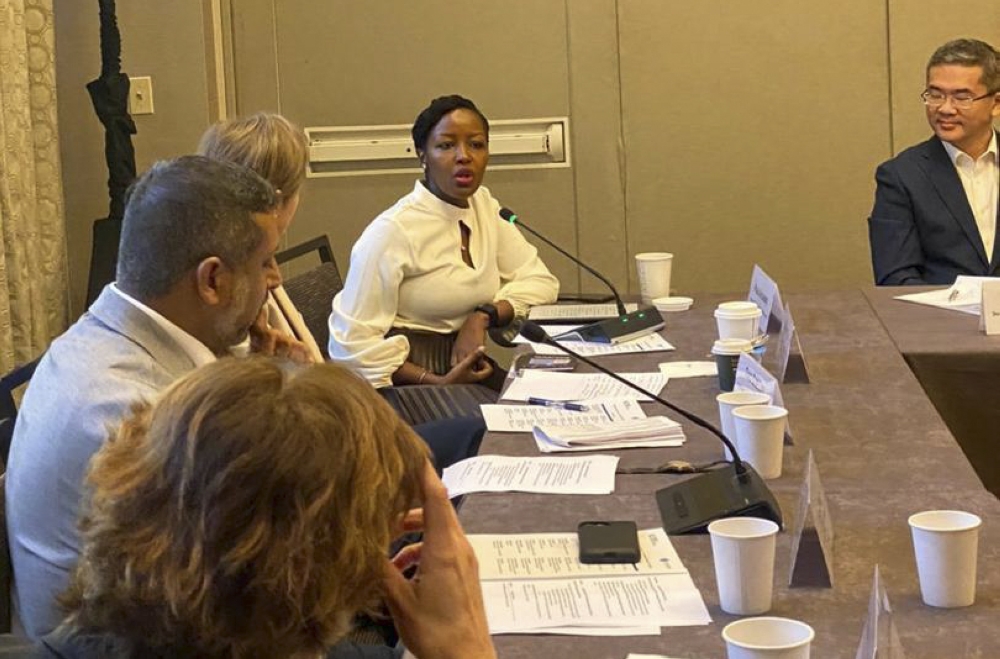

Rwanda and Singapore on Sunday, September 22, jointly launched the AI Playbook for Small States, covering best practices from members of the Digital Forum of Small States (Digital FOSS) on implementing Artificial Intelligence (AI) strategies and policies in their countries.
The development, announced by Singapore’s Minister for Digital Development and Information, Josephine Teo, during the United Nations (UN) Summit of the Future (SOTF) in New York City, was hailed as a major move to shape the global AI discourse.
ALSO READ: Inside Rwanda&039;s priority areas as new AI policy takes shape
It was developed by Singapore’s Infocomm Media Development Authority (IMDA) and Rwanda’s Ministry of ICT and Innovation.
Small states face unique challenges in adopting AI, including limited resources, access to talent, and the complexity of developing governance frameworks.
ALSO READ: Rwanda needs $76m to implement new AI policy
As the convenor of Digital FOSS, Singapore led efforts to gather input from fellow small states, identifying common obstacles and highlighting successful solutions, according to Minister Teo.
The resulting playbook is designed to help these nations overcome barriers and harness the transformative power of AI. The AI Playbook contains insights from Digital FOSS members across the globe, offering a comprehensive view of how small states have approached AI adoption.
According to the breakdown, the document also addresses AI development, governance, safety, and societal impact, ensuring that small states can learn from one another’s experiences in building AI strategies that meet their unique needs.
As AI technology evolves, the playbook will remain a living document, continuously updated with new practices and lessons learned, officials said in New York.


Launched in 2022, the Digital FOSS offers a platform for small states to collaborate on digital policy and technology challenges.
It supports global initiatives like the United Nations’ Sustainable Development Goals (SDGs) and the Global Digital Compact, aiming to create inclusive digital frameworks. The AI Playbook aligns with these efforts, helping small states leverage AI for economic growth and societal advancement.
Why it matters
With AI playing an increasingly crucial role in global development, experts said the launch of the AI Playbook signals a new era of cooperation among small states.
By sharing resources, knowledge, and experiences, small states can navigate the challenges of AI adoption and governance more effectively, ensuring that the technology serves as a force for positive change.
Through initiatives like the AI Playbook, Singapore, Rwanda, and the Digital FOSS community are paving the way for small states to harness AI’s transformative potential, driving innovation while contributing to a more inclusive and sustainable digital future.
In Rwanda, the national AI policy was adopted in 2023, with the country looking to leverage AI to power economic growth, improve quality of life, and position Rwanda as a global innovator for responsible and inclusive AI.
ALSO READ: Rwanda to become hub for AI research in Africa
At the launch, officials said that AI can boost productivity and improve service delivery across all sectors of the economy, with an estimated $589 million potential for Rwanda.
Particularly for Rwanda, the policy is anchored around identifying key sectors with the highest economic impact. The sectors include agriculture, public administration, education, health, manufacturing, and financial services.


